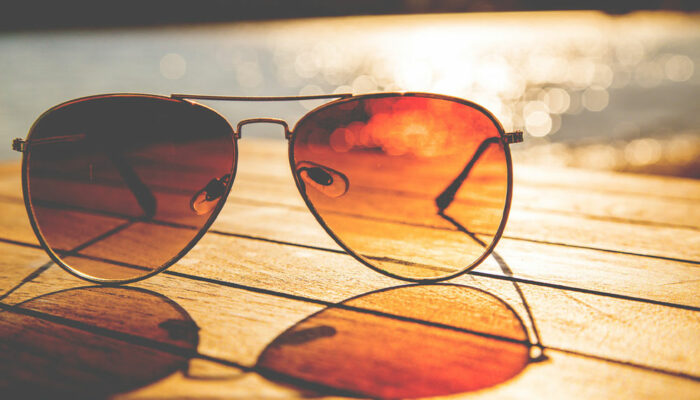4 myths about sunglasses that could damage your vision
Sunglasses have long been considered a styling essential or an accessory to dial-up one’s look. However, they are more than a fashionable piece. They have a greater purpose of protecting the eyes. Just like sunblock is essential for the skin, sunglasses are important for the eyes and eyesight. They provide protection from UV rays.

Expensive is effective
Contrary to what the price tag is often associated with, it is not the factor fit to determine the effectiveness of sunglasses. If you are looking for a pair of sunglasses that does their job well, you need to ensure that they provide UV protection. Check the label to be sure. The price tag does not necessarily have to be higher for the lenses to their required job.
Darker glasses equals better protection
The number of UV rays being filtered out or passing through the sunglasses is an important factor when looking for eye protection. However, the darkness of the shade of the glasses is not what protects the eyes from UV rays. Sunglasses that are labeled UV safe are either treated with protectants or made of a certain type of plastic polymer.
Essential only on sunny days
Sometimes, it can be difficult to open your eyes due to the glinting sun rays on a rainy day or when the roads are still covered in inches of frozen ice. UV rays do not get more damaging in summer and then dial it back for the rest of the year. They could reflect off the surface of the snow and damage the eyes instead of cutting a direct path. It is, therefore, necessary to have a pair of UV protection sunglasses on all through the year if protecting your eyes is a priority.
The lens size doesn’t matter
Most believe that as long as the lens is covering the eyes, it is okay for their sunglasses to be small. However, the truth is that bigger lenses provide better protection. The pupils tend to expand when covered by a lens; this is to accommodate more light penetration. This expansion of pupils also allows for a greater amount of UV rays to directly or indirectly penetrate the eyes. The risk is lowered with the help of oversized framed sunglasses, as they cover a larger surface area.





